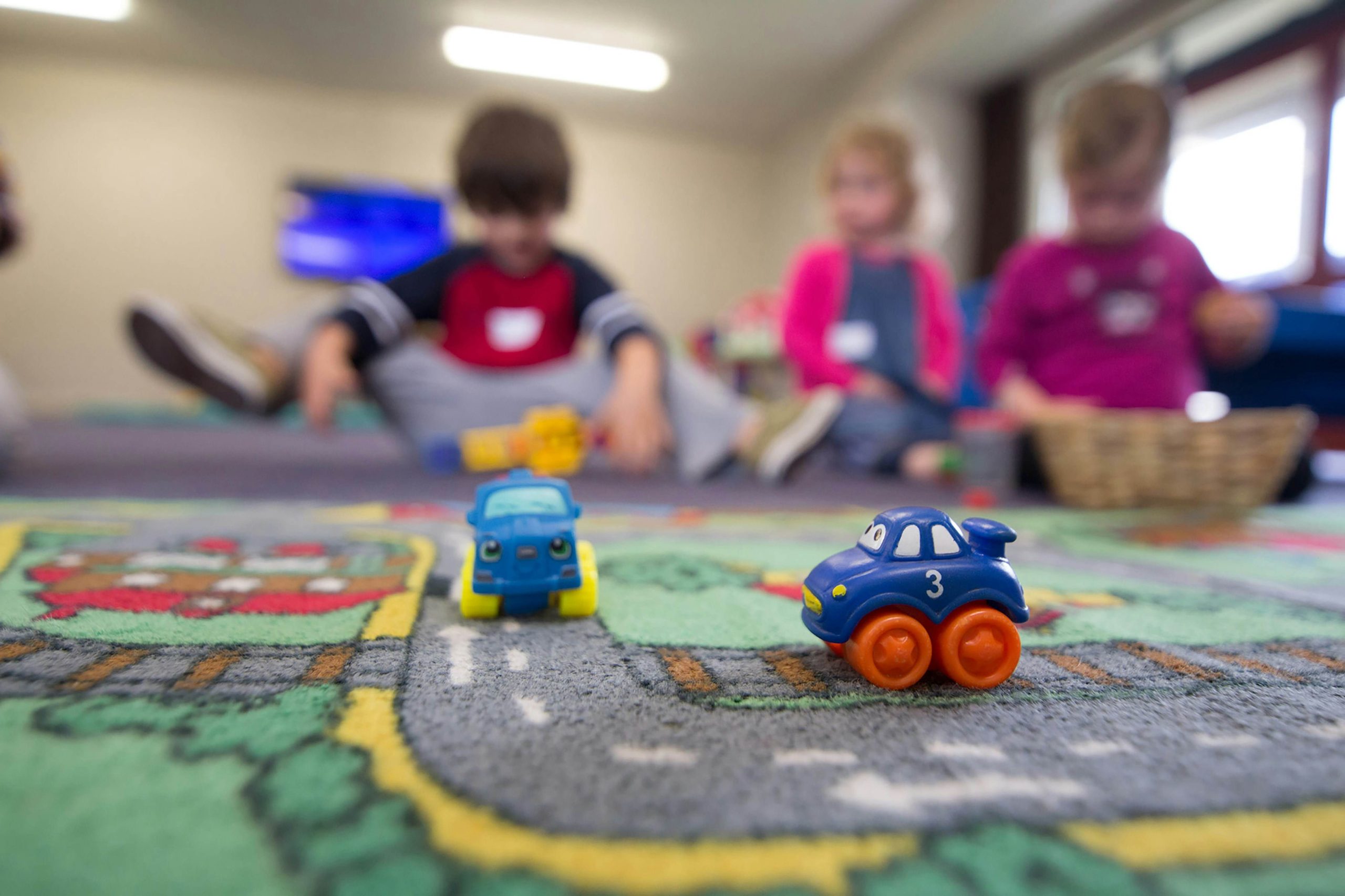
Understanding Preschool: Designing a Program
Parents often find defining preschool challenging, given the variety of programs available. However, with the right approach, selecting a high-quality preschool program can be a rewarding experience for both preschoolers and their families.
Goals of a Structured Preschool Program
The primary objective of a structured preschool program is to provide young children with a supportive and safe environment for learning and development. Preschoolers are exposed to various educational concepts, from social and emotional development to reading and numeracy skills. Additionally, a structured preschool program aims to instill independence and self-assurance in young preschoolers, crucial for success both in and out of the classroom.
Key Elements to Consider
- Learning Environment: A top-notch preschool will have a safe, engaging, and clutter-free environment that promotes discovery, creativity, and social interaction. The setting should be equipped with materials tailored to young learners’ needs.
- Teaching Staff: Qualified and experienced teachers with training in early childhood education are essential. They should create a welcoming and encouraging atmosphere that allows preschoolers to explore and learn at their own pace.
- Curriculum: A well-rounded curriculum should focus on social and emotional growth, as well as literacy and numeracy skills. It should encourage imaginative play and physical activity.
Other Considerations
- Health and Safety: Ensure the preschool’s rules and practices regarding health, safety, and discipline align with your expectations.
- Location and Hours: Consider the preschool’s location, operating hours, and tuition costs to find a program that fits your family’s needs.
Parental Involvement
While a structured preschool program is crucial, parents can also support their preschoolers’ development at home. Engaging in educational activities, establishing a regular schedule, and fostering social and emotional growth are ways parents can enhance their child’s learning experience.
Conclusion
Selecting a structured preschool program is a significant decision that can impact a child’s future success. By carefully evaluating the learning environment, teaching staff, and curriculum of a preschool program, parents can ensure they are providing their child with a high-quality education. Additionally, parents can play an active role in their child’s preschool experience by participating in classroom activities and maintaining open communication with teachers.


